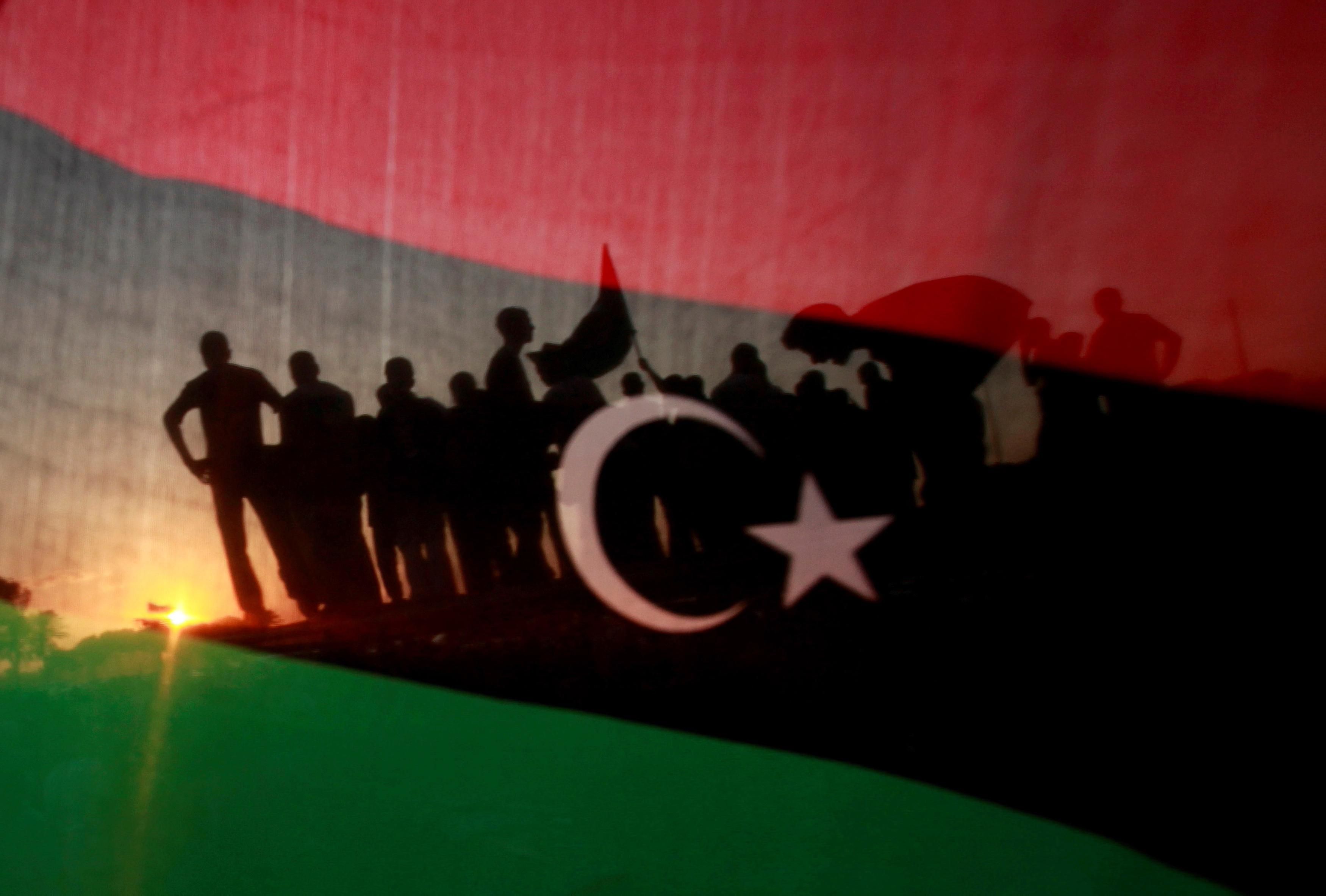Peace in Libya? Representatives from several outside players with a stake in Libya's future are meeting in Berlin with the country's interim unity government to chart a path toward peace after a decade of bloody internal conflict. Since 2011, the energy-rich North African country has been split between areas controlled by the Tripoli-based Government of National Accord and the Libyan National Army, a militia headed by warlord Khalifa Haftar. It's long been a proxy war as well, with Turkey backing the GNA and Gulf states and Russia supporting Haftar. One major concern is what to do with the 20,000 foreign troops currently in the country, which include Turkish soldiers and Syrian fighters on Ankara's payroll in Tripoli, as well as Russian mercenaries. Western powers want the Turks and Russians to withdraw their forces, but Ankara and Moscow would rather wait to see how things play out. Another thorny issue is how 75 UN-appointed Libyan lawmakers will agree on the legal basis to hold a general election in December without a constitution in place. We'll be tracking progress on both.
Black Sea shenanigans: Moscow says it happened, London says it didn't. Who ya gonna believe? Russia claimed Wednesday it had fired warning shots and dropped bombs to scare off a British warship near the Crimean coast. As the Russians tell it, the Brits beat a hasty retreat, but the UK denies that anything of the sort happened at all. As they tell it, the warship was unbothered as it conducted "innocent passage" through Ukrainian territorial waters. And there's the rub — ever since Russia illegally annexed Crimea in 2014, the Kremlin considers the waters in question to be its own, and Moscow gets very prickly about NATO ships showing up there. Regardless of whether shots were fired or not, the incident underscores how fragile relations between Russia and the "West" are, even after that Biden-Putin summit last week which was meant to smooth things over.
US swipes Iranian news sites: The US Justice Department has
taken down 33 Iran-affiliated news websites for allegedly spreading disinformation among American voters before the 2020 US presidential election, and another three for links to an Iranian terrorist group. Although the websites are owned by US companies which did nothing wrong, the DOJ has legal basis to shutter them because the Iranian entities did not register the domain names with US authorities — a breach of US sanctions against Iran. All of this happens as Americans and Iranians continue to renegotiate the 2015 Iran nuclear deal, with both sides, as usual, playing hard-to-get.
Iran's new President Ebrahim Raisi
doesn't want to meet Joe Biden, but we all know that it's Supreme Leader Ali Khamenei — who still wants to make an agreement but doesn't want to seem too eager — who will have the final say.
